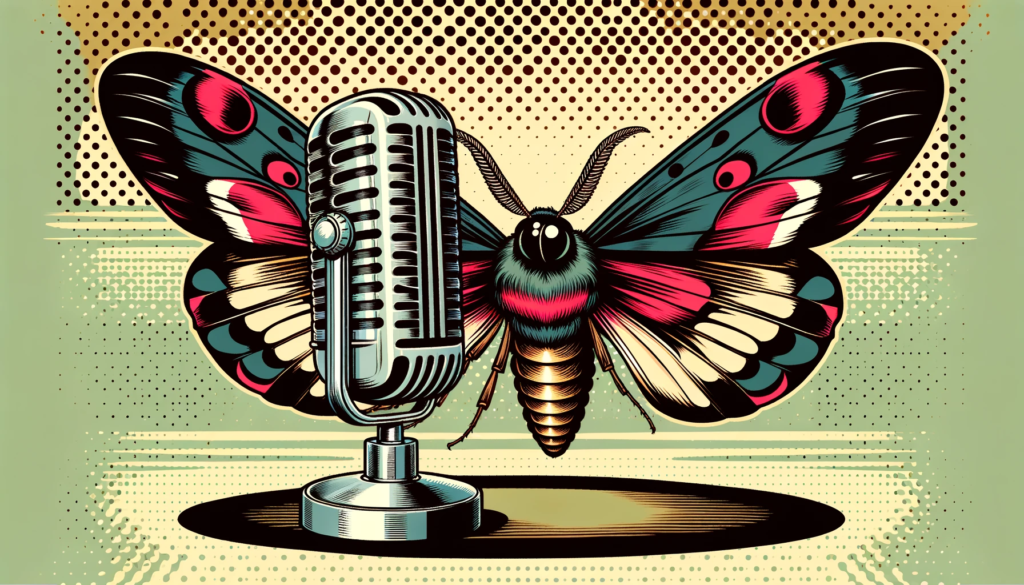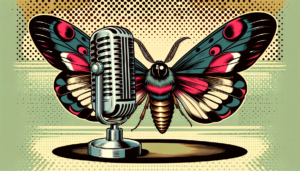AI is scaring the absolute CRAP out of a LOT of people.
Maybe you’re one of them. If so, stick around. You might feel a teensy bit better once you finish reading this. I’ll keep it short. Promise.
Oh, the Humanity!
AI has captured the attention and stoked the fear of many of us since ChatGPT was launched in November 2022. As everyday folks began to play around with it, the whispered concerns about how AI might lead to the downfall of humanity increasingly became screams of “THE ROBOTS ARE TAKING OVER!!!”
Just so you know, that’s not my take on it. I’m a middle-of-the-road kinda gal when it comes to this particular issue. But I’m no tech expert — which is why I turn to actual tech experts to hear what they’re saying about all of this. The MIT Technology Review seemed like a great place to start. (I mean, they have the word “technology” in their name, right??)
In a Review article looking at concerns about AI wiping out the need for humans in pretty much all industries, David Rotman made many excellent and — dare I say — comforting points. But one of the main takeaways is that humans have been afraid of technology taking over for decades — if not centuries. Back in 1930s, there were experts warning of “technological unemployment.” But we’re still here.
The fear that many are feeling now about AI isn’t something new. In a way, it’s kind of always been there. But how can we overcome — or simply manage — this fear? What’s the antidote? By learning how to become better storytellers for ourselves, our businesses and our communities.
My Epiphany — Courtesy of "The Moth"

There’s one quintessentially human skill that AI — or any type of technology for that matter — can never replace. And that’s storytelling.
Yes, I’m well aware that AI is being used to write pretty much everything under the sun these days. Novels. Songs. Screenplays. Poems. Articles. And — yes — blog posts. (But not MINE!!)
Here’s the thing, though. While I might read an AI-generated article about last night’s basketball game and not think twice about it, I’m not going to connect to it. At the end of the day, I just want to know what the final score was, where my team stands in the rankings, and when they play next. There’s no need for connection here. I just want to know if my team won. That’s it.
But when your goal is to create content that resonates with a particular audience for a specific reason to acheive a defined goal, you better know how to tell (or at least recognize) a damn good story.
When I was out walking my dog the other night, I decided to listen to a podcast episode of NPR’s The Moth.
I used to listen to the show every week because — well — it’s AWESOME! But, because I have WAY too many interests, my attention had been hijacked by other podcasts about other things. Also, Libby opened up a whole new world of audiobook listening for me. So, it had been a while since The Moth and I had hung out together.
As I was walking along, I found myself completely transfixed by the stories being told on The Moth stage. Not only by the narratives themselves but by the HUMAN experiences they were describing and the HUMAN emotions they were bringing up in me.
What I realized at that moment was that it was the HUMAN element that resonated with me. These same stories could have been written — and even told — by AI tools. But it wouldn’t have been the same. Not by a long shot.
I want to hear about human experiences from the humans who live them. Whether it’s a testimonial on a website, a blog post that a friend sends me a link to, a newsletter that lands in my inbox, and — yes — a story told on The Moth stage.
AI isn’t human. And, while it’s getting better and better at mimicking humans — it still hasn’t lived the human experience. And for many of us, that’s where our interest in AI ends.
Sharing an experience you’ve had in a way that an audience can see themselves in it is a gift. It’s also a craft that we have to learn and practice
While AI might replace certain jobs, it can’t replace authentic human connection. This is why being an effective storyteller is a skill that will remain highly valued and relevant across industries.
On its own, data doesn’t persuade or inspire or enlighten. It’s the ability of the presenter to weave facts into a relevant and compelling narrative that gives data the power to move people.
Managers who know how to harness the power of storytelling can rally teams around a shared vision.
Solopreneurs who craft engaging narratives around their mission, their beliefs, and their products can outperform larger competitors who have significantly bigger marketing budgets.
Teachers who bring subjects to life through storytelling are the ones who make a real difference in students’ lives.
Politicians, attorneys, marketers and pretty much anyone whose career requires them to deliver information must master storytelling to attract, engage and grow their audiences.
So, back to the robots. One day (perhaps sooner rather than later) they might very well outperform us in processing huge amounts of data, creating reports and doing other types of work that humans do now. That’s okay. I mean, who wants to spend their time doing that kind of stuff anyway? (I’ll concede that some people might. But, most of us don’t.) What they won’t ever be able to do is replace the unique and powerful human-to-human connection that storytelling makes possible.
All images in this post were generated by DALL-E. Pretty cool, huh?








